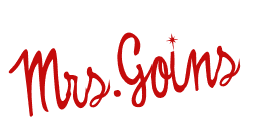Gardens and fences
and new tile floors,
towers of blocks
and a bulletin board border.
Perimeter says "RIM"
and area is flat,
volume takes space...
I know all of that,
but keeping them straight
in my head is a problem:
square? cubic? units?
perimeter? area? volume?
Some day I'll grow up
and need carpet and tile,
frame art and fill boxes...
THEN this will be worthwhile!
© Mary Lee Hahn, 2012
























